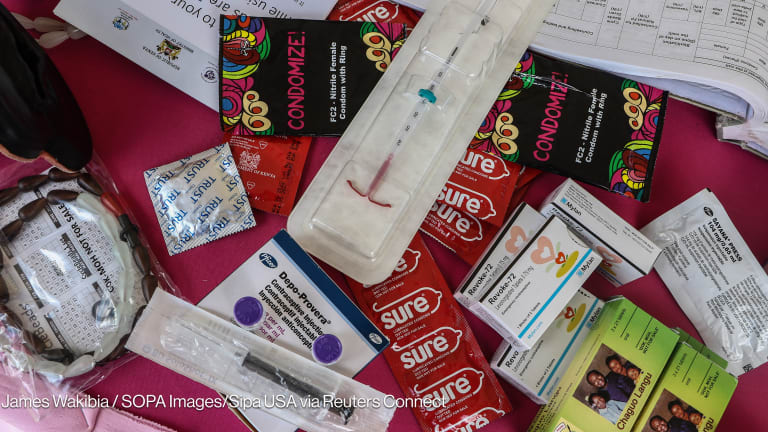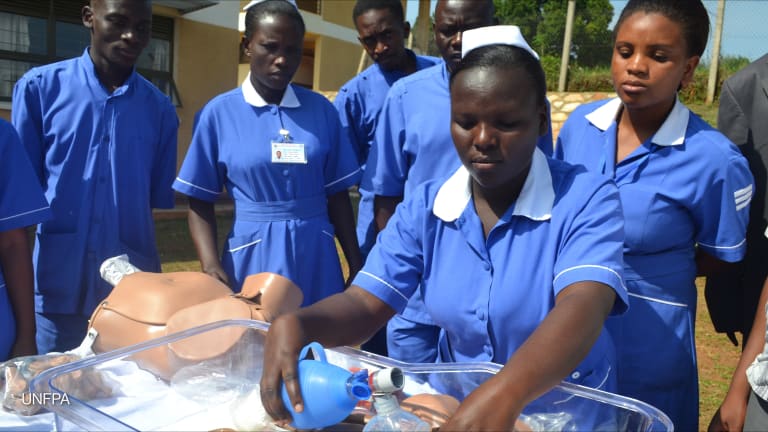In Cox’s Bazar refugee camp, Zanat, a 20-year-old Rohingya refugee, recently gave birth to a healthy baby girl. Both she and her newborn, who was born in a primary care center, were among the lucky few to access maternal care. Many are unable to. While accurate figures are difficult to parse due to the high number of home births, official figures indicate that 84 mothers died out of approximately 30,000 recorded births in the camp in 2023. Those numbers could rise not just in Cox’s Bazar but globally, amid the aid budget cuts expected as the Trump administration takes the reins in the United States, according to experts.
The U.S. allocated $608 million in family planning and reproductive health funding in 2023 — funding that’s expected to be in jeopardy when Donald Trump is sworn in as U.S. president next week. Meanwhile, several other countries have reduced their aid budgets amid economic cutbacks.
“This is new territory and the impact of that is going to be huge, particularly for humanitarian programming,” said Sarah Shaw, associate director of advocacy at reproductive health care organization MSI Reproductive Choices, which estimates it will lose $20 million of its funding under the Trump administration — a loss that Shaw says would be “catastrophic.”








